The Importance of Regular Trash Pick Up
The Importance of Regular Trash Pick Up
In today’s fast-paced world, the significance of maintaining a clean and healthy environment cannot be overstated. Regular trash pick up and waste disposal services play a pivotal role in this endeavor, serving not only as a convenience but as a necessity for communities everywhere. Understanding the importance of these services is crucial for ensuring a sustainable future for our planet. This blog post will explore why regular trash collection is fundamental to environmental preservation, public health, and overall community well-being. Discover how something as routine as waste disposal services can have a profound impact on our lives and the world we share.
Environmental Impacts of Poor Waste Management
The repercussions of inadequate waste management are extensive and significantly detrimental to the environment. When trash is not collected regularly, it often results in illegal dumping and overflow in landfills, leading to severe land, air, and water pollution. These conditions are conducive to the proliferation of pests and contribute to the spread of diseases. Furthermore, decomposing waste releases methane, a potent greenhouse gas that exacerbates climate change. Poor waste management also affects wildlife, with animals ingesting or becoming entangled in waste, often leading to lethal outcomes. Highlighting these impacts underlines the urgent need for effective waste management strategies to safeguard our environment.
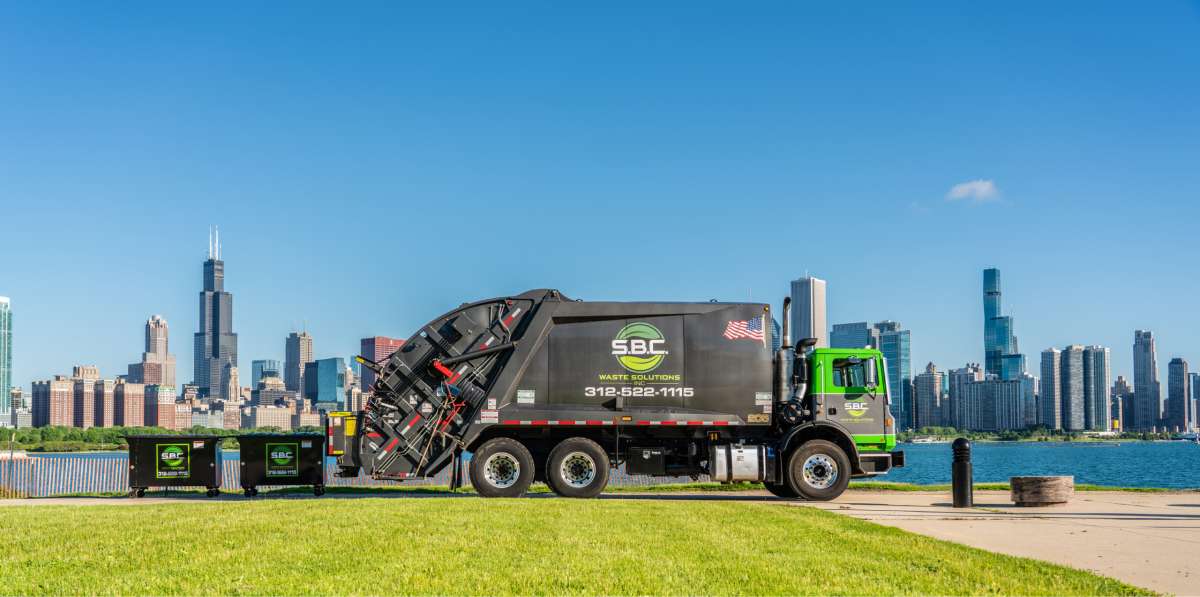
Waste Management Service
Waste Management and Its Effects on Health
The link between inadequate waste disposal practices and the rise of health concerns is undeniable. Trash left unchecked serves as a fertile ground for disease-causing organisms and pests such as insects, rodents, and more, which are carriers of infections harmful to humans. Diseases like cholera, dengue, and leptospirosis highlight the urgent necessity for consistent and effective garbage collection services. Additionally, the environmental degradation caused by improper waste management can lead to air and water pollution, increasing the risk of respiratory conditions, illnesses related to contaminated water, and further public health challenges. Thus, implementing effective waste management systems is crucial not only for environmental cleanliness but also for the prevention of health crises and the protection of community health.
Benefits of Regular Trash Collection
Regular trash collection offers myriad benefits that are essential for maintaining the health and vitality of our communities. Firstly, it ensures the systematic removal of waste, greatly reducing the likelihood of illegal dumping and the overflow of landfills. This organized approach to waste management mitigates the environmental pollution and helps in conserving natural habitats. Secondly, by preventing the accumulation of garbage, regular trash pick-up plays a critical role in controlling the population of pests and vectors, thereby directly contributing to the reduction of disease transmission. Another significant advantage is the enhancement of community aesthetics; clean streets and neighborhoods foster a sense of pride and belonging among residents, besides promoting tourism and local businesses. Furthermore, efficient waste disposal and recycling processes aid in the conservation of resources and energy, underscoring the interconnectedness of environmental sustainability and community well-being.
Economic Impacts of Structured Waste Management
The establishment of consistent trash collection practices and robust waste management infrastructure not only streamlines urban cleanliness but also harbors considerable economic advantages. By deploying effective strategies for waste handling, municipalities can significantly slash the costs associated with cleaning services and mitigate health-related expenditures caused by sanitation issues. Importantly, the processes of recycling and the extraction of valuable resources from waste not only fuel revenue generation but also pave the way for job creation in sectors dedicated to recycling and environmental stewardship. Such initiatives foster the development of a circular economy, ensuring the efficient utilization and reutilization of resources, while simultaneously fueling innovation in the realm of waste management technology. Therefore, prioritizing investments in systematic garbage removal and waste processing transcends being a mere cost; it is a savvy economic maneuver that promises enduring financial health and ecological resilience for communities.
Enhancing Community Appearance and Morale
Regular trash pick-up and conscientious waste management significantly enhance the appearance and morale of a community. Clean streets and public spaces instill a sense of pride and satisfaction among residents, contributing to a stronger, more united community spirit. This cleanliness not only improves the overall aesthetic but also encourages people to maintain and respect their surroundings, creating a positive feedback loop of environmental stewardship. Furthermore, a community known for its cleanliness and environmental responsibility becomes more attractive to potential residents, businesses, and tourists, fostering economic growth and social cohesion. Therefore, the role of regular waste disposal services extends beyond mere functionality; it is a key element in building vibrant, healthy, and attractive communities where morale is high and civic pride flourishes.

Trash Pick Up Service
Legal and Regulatory Framework in Waste Management
Navigating through the intricate network of laws and regulations is paramount for those engaged in the waste management sector. At all governmental levels, a series of regulations have been crafted to oversee how waste—from its collection and transportation to its processing, recycling, and ultimate disposal—is handled. These legal requirements not only prescribe methods for proper waste management but also employ a system of penalties to enforce compliance. This ensures that companies, local government units, and individuals all follow practices that safeguard both public health and the environment.
Among these regulations, we find specifics such as zoning laws that govern the placement of landfill sites, emissions standards for waste-to-energy facilities, and recycling targets for various materials. Furthermore, global accords and protocols are in place to regulate the handling and shipping of hazardous and electronic wastes across borders, ensuring their movement is monitored and controlled.
These legal frameworks serve a dual purpose. Firstly, they encourage adherence to best practices in waste management, aiming to foster environmental preservation and protect public health. Secondly, they stimulate innovation and financial investment in the waste management industry by providing clear guidelines for operation.
For businesses and organizations within this arena, understanding and abiding by these legal and regulatory stipulations is not just about legal compliance—it’s a commitment to contributing constructively towards a sustainable future and the well-being of the community.
How You and Your Business Can Make a Difference in Waste Management
Both individuals and companies are crucial to making strides in better waste management and supporting broader environmental sustainability objectives. For people, small actions can lead to big changes. This includes minimizing waste by being mindful of consumption habits, correctly separating recyclables from non-recyclables, and getting involved in community efforts to cut down on waste. When we focus on minimizing, reusing, and recycling, we decrease the amount of waste that fills our landfills and support a more sustainable use of resources.
Businesses have the opportunity to be a force for good by integrating environmentally friendly practices into their operations. This might look like using sustainable packaging, establishing effective waste management procedures, or investing in new recycling technologies. Additionally, companies can take part in or sponsor environmental conservation initiatives, such as local clean-up events or educational campaigns on proper waste management. These actions do not only aid in creating a cleaner and greener world but also encourage a cultural shift towards sustainability and responsibility, potentially motivating others to do the same.
In conclusion, tackling the challenges of waste management demands a comprehensive approach that spans legal compliance, technological innovation, community participation, and individual responsibility. Each component plays a vital role in shaping a sustainable future where waste is not merely discarded, but thoughtfully managed and utilized as a resource. Businesses and individuals alike have a significant opportunity to contribute to this transformation through mindful practices and active engagement in waste management strategies. By fostering a culture that prioritizes sustainable waste practices, we not only protect our environment but also forge a path toward a cleaner, more resilient world for future generations. The collective efforts in improving waste management are instrumental in building a sustainable future, highlighting the power of shared responsibility and action in making a tangible difference.
https://www.google.com/maps?cid=4180240075447051620

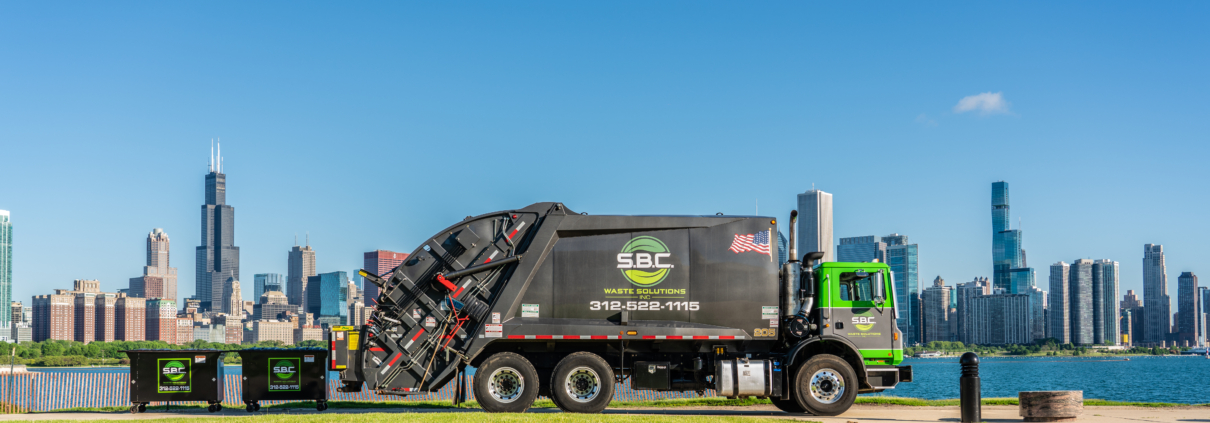

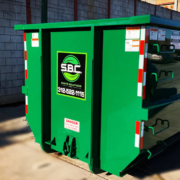
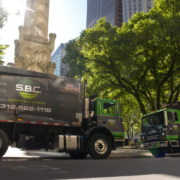
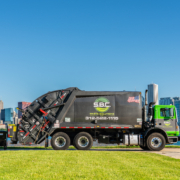
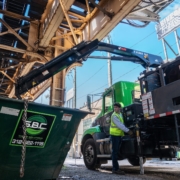



Leave a Reply
Want to join the discussion?Feel free to contribute!